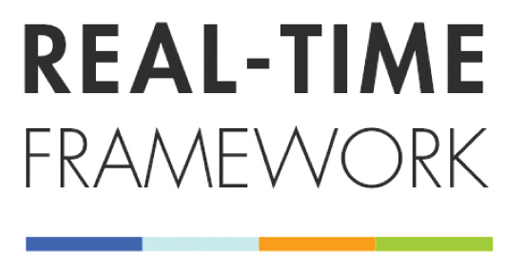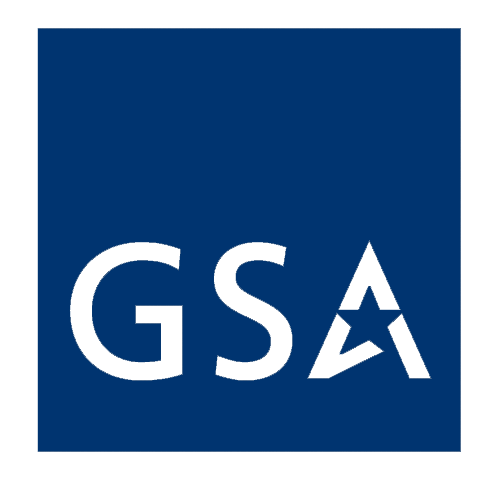Dr. Demetra Nightingale Discusses Past, Present, and Future of Federal Grants Programs for Job Training
For Immediate Release: July 15, 2009
Optimal Solutions Group, LLC (Optimal) utilizes a Professional Development Series, a unique opportunity for recognized experts to share their latest work and findings with Optimal researchers.
The most recent program in the series, “Grant Programs for Industry-Focused Job Training,” was presented on Wednesday June 3, by Demetra Nightingale, PhD, a Principal Research Scientist at the Institute for Policy Studies, Johns Hopkins University.
Dr. Nightingale’s presentation highlighted her ongoing evaluations of two U.S. Department of Labor Employment and Training Administration initiatives, High Growth Training Grants and Community Based Job Training Grants. “High growth” job sectors include, among others, health care, information technology, biotechnology, and so-called “green jobs,” which may cut across other such sectors as energy, transportation, construction, and automotive. Dr. Nightingale shared important implementation lessons learned from the early stages of her recent work, including the following:
- Employers are important partners in implementing all aspects of an industry-driven project.
- New training technologies should be explored and used to provide better training delivery mechanisms.
- Instructors from industry are needed, but they can be difficult to retain.
- Projects need to be flexible to respond to changes in the external environment.
- Having hands-on training components is as important as classroom training.
Dr. Nightingale’s view of federal grants programs for industry-focused training spans decades, from the Manpower Development and Training Act of 1962 to the American Recovery and Reinvestment Act of 2009. She cited potential innovations in the Recovery Act, such as green jobs, new health jobs, and a re-invigorated focus on summer youth programs. She cautioned about the challenges she sees in implementing Recovery Act monies, primarily the conflict between the competing public policies of “spend and speed” versus “innovation and effectiveness.”
Dr. Nightingale’s presentation: “Grant Programs for Industry-Focused Job Training”
* * * * * * * * * * * * * * *
Founded in 2000, Optimal Solutions Group, LLC is a non-partisan public policy research firm dedicated to rigorous and evidence-based research. Optimal's clients are local, state, and federal governments; non-governmental organizations; and corporations and foundations. With close to 60 employees in two locations in Maryland, Optimal has grown quickly by building on a reputation of exceptional services and products. Our clients benefit from our innovations, value, and efficiency, which we have been able to establish through a robust technology-based infrastructure, uncompromising and documented quality-control procedures, and effective employee recruitment techniques. Optimal has four research centers: health, education, workforce development, and housing.
For more information, please contact Optimal's Communications Department at 301.306.1170 or info@optimalsolutionsgroup.com.












Connect with us Facebook
Facebook  Twitter
Twitter  LinkedIn
LinkedIn